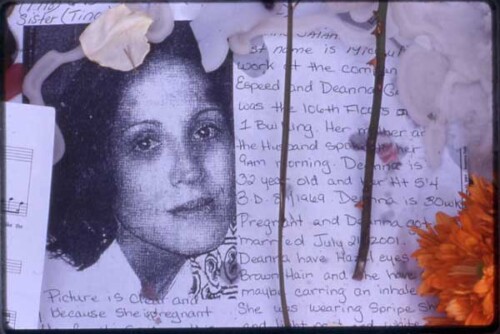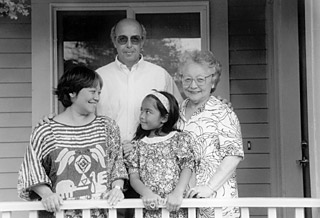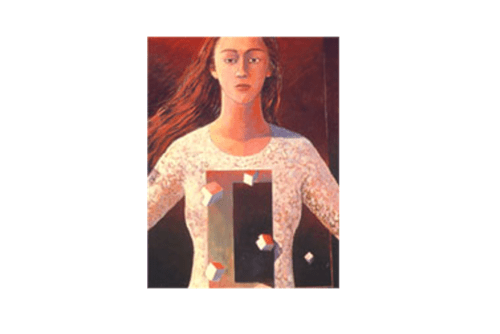Fragments
For her, the need to react had started early. Because she was a girl. Because her family, like all families, had lines of trauma and fracture that had started generations and centuries back. Because she grew up in a big extended family full of people who told stories about what happened to everyone over the years – the ends they came to. Which, of course, were never good.
Some mix of countless strands of influence had somehow tuned her in to the misery and sweetness in the world and the way those two things mixed with a vertiginous intensity and sometimes – a lot of the time, truth be told – the two actually got mixed up.
Of course, by now the charged habit of registering impacts wasn’t just coming from her. It was all over the place.
But for years now her early childhood had been coming back to her as fragments of trauma and beauty.
Her kindergarten class walking back from Woolworth’s, carrying a box of furry yellow chicks; the smell of red tulips standing upright in her mother’s garden married to the taste of found raspberries and tart rhubarb ripped out of the ground when no one was looking and eaten with a spoonful of dirt.
Her mother dressing to go out in a beautiful black dress and red lipstick cut to the brilliant blood exploding from the face of the boy next door when he fell from a cliff and landed face down on the cement in front of her and then to the rhythm of shocks, days later, as her father and the other men tore the cliff apart boulder by boulder and each giant rock hit the ground, and shook the glasses in the quiet, shaded pantry with an impact that seemed transformative.
There was a spectral scene of her little brother hunched over something in the pine trees that hugged the house as she passed him on her way to school and then, on her way back for lunch, the sight of the house in flames and the driveway full of fire trucks with flashing red lights. The phrase “playing with matches” seemed to be written across the blue sky in giant white cloud letters.
Or there was the day when all of her grandparents came to visit and they were floating up the treacherous driveway in a big wide car. Then the wheels were sliding off the icy edge and the big car lurched to the verge of the cliff and hung suspended. The white heads in the back seat sat very still while she ran, yelling for help.
There were fingers crushed in doors, screams stifled in a panic to keep the secret of the rabbits running around the cellar in their wild confinement.
Sunday drives were ice cream cones dripping down sticky fingers in the back seat and then the wordless theft of the baby’s cone, silent tears running down fat cheeks.
There were dreamy performances like the one at the VFW hall. Her sister was the “can can” girl covered in clanking cans and she was the “balloon girl” dancing in floating plastic spheres to the lyrics of “the itsy bitsy, teeny weeny, yellow polka dot bikini” while everyone laughed.
Later, there were Saturday mornings spent fidgeting at her grandmother’s table while the women told graphic stories of alcoholism, accidents, violence, and cancers prompted by the seemingly simple work of remembering kinship ties and married names. And there were the nights walking the streets with her mother, peering into picture windows to catch a dreamy glimpse of scenes at rest or a tell-tale detail out of place. A lamp by a reading chair or a shelf of knickknacks on the wall, a chair overturned.
So still, like a postcard.



